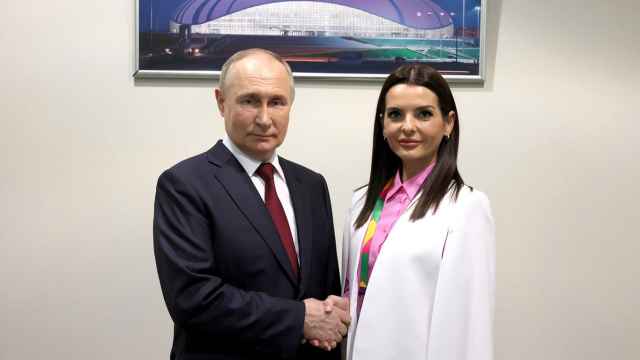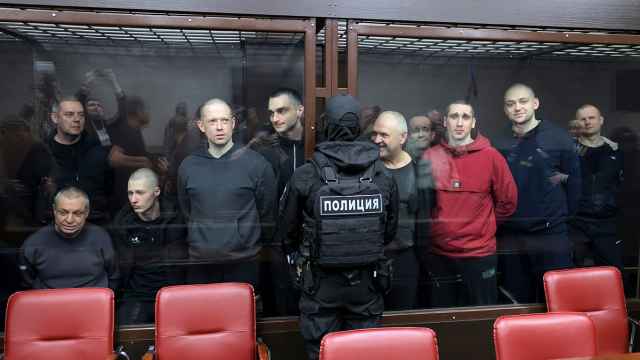The descendants of Raoul Wallenberg, the Swedish diplomat who saved thousands of Jews from the Nazis during World War II, are suing Russia’s Federal Security Service (FSB), the Interfax news agency reports.
In their claim, filed with a Moscow District Court, Wallenberg's family demands the Russian security services provide full and uncensored access to original documents in the case.
"Despite the huge number of inquiries and appeals that relatives and historians sent to Russian state bodies over the past decades, Russia still refuses to provide originals of the documents,” lawyer Ivan Pavlov, who represents the family, was cited as saying.
The Russian government has in the past given some documents related to Wallenberg’s case, but they were often incomplete and censored. In March, the family sent a request to the FSB for access to original documents, but they received no answer.
“Our search for answers to questions about the fate of Raoul Wallenberg will continue as long as we do not know what happened to him and why," Wallenberg’s niece, Marie Dupuy, was cited as saying in the report.
In 1944, Wallenberg served at the Swedish Embassy in Budapest, and he used his position to issue passports to Jews who were trying to escape the Nazi terror. After the Red Army entered Hungary, Wallenberg went to meet with the members of Hungary’s interim government in the city of Debrecen. He also planned to contact the Soviet army. Both Wallenberg and his driver disappeared.
He is believed to have died in summer 1947 in a prison at the KGB’s Lubyanka headquarters in central Moscow, but his death is still shrouded in mystery.
The Wallenberg family is joined in the lawsuit by the Raoul Wallenberg Research Initiative (RVI-70), which is financed by the Swedish Foreign Ministry.
“We wish to ensure that even in this increasingly difficult political climate, the door on a constructive dialogue with Russian archivists and officials does not close entirely,” the Raoul Wallenberg Research Initiative said in a statement on its website.
Pavlov said the implications of the lawsuit went beyond the Wallenberg case. “We are fighting for the right for free access to government information, including, political repression in the U.S.S.R," he said.
A Message from The Moscow Times:
Dear readers,
We are facing unprecedented challenges. Russia's Prosecutor General's Office has designated The Moscow Times as an "undesirable" organization, criminalizing our work and putting our staff at risk of prosecution. This follows our earlier unjust labeling as a "foreign agent."
These actions are direct attempts to silence independent journalism in Russia. The authorities claim our work "discredits the decisions of the Russian leadership." We see things differently: we strive to provide accurate, unbiased reporting on Russia.
We, the journalists of The Moscow Times, refuse to be silenced. But to continue our work, we need your help.
Your support, no matter how small, makes a world of difference. If you can, please support us monthly starting from just $2. It's quick to set up, and every contribution makes a significant impact.
By supporting The Moscow Times, you're defending open, independent journalism in the face of repression. Thank you for standing with us.
Remind me later.






